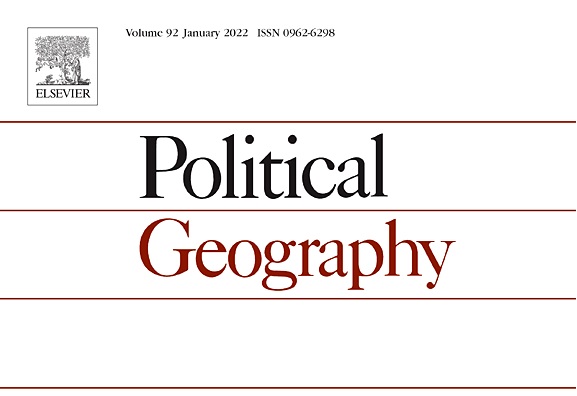Los investigadores del Observatori Adrià Rivera y Elisabeth Johansson-Nogués (IBEI) publican el artículo ‘Harraga and Europe: The emotional geographies of undocumented migrants in Tunisian filmmaking‘ en la revista Political Geography. El artículo analiza, a través del cine tunecino, la representación de las emociones que surgen durante el viaje migratorio hacia Europa.
Resumen: European concern over undocumented migration is conventionally told as a story of unwitting migrants risking their lives to reach the European shores to escape poverty and/or war. We are interested in further opening up and contributing to a more nuanced discussion of the multiple drivers behind migration though a focus on emotions. We do so by mapping out the emotional geographies of Tunisian harraga captured by five Tunisian filmmakers. Our visual analysis of the Tunisian harraga as transmitted by the documentaries and feature films reveals that the migrant’s journey across the Mediterranean is motivated by a set of complex and contradictory emotions. Hopes for a better future in the form of individual and societal dignity are mixed up with fear of the dangers of the crossing and of bringing shame to the family. We find that the migrant’s desire to up and leave their home country is propelled by the differential between the emotions tied to our-place and their-place.

